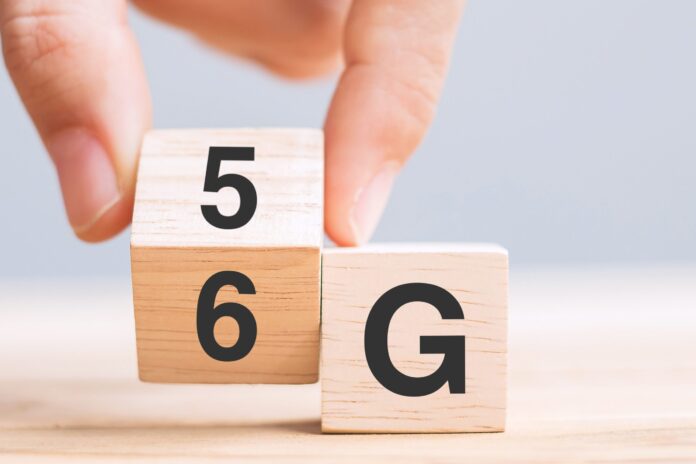India’s Prime Minister said that a 6G task force has already started work to achieve this goal
The Indian government is expecting the initial rollouts of 6G networks by the end of the decade, local newspaper Business Standard reported, citing Prime Minister Narendra Modi.
According to the prime minister, a task force has already begun work to achieve this goal. The target is in line with other major countries and expectations of major telecom vendors, with as-yet-unstandardized 6G technology expected to come to market around the year 2030.
However, India still needs to deploy 5G networks nationwide. Its domestic telecom industry is awaiting a much-anticipated spectrum auction scheduled for this year.
Speaking at an event of telecommunications regulator TRAI, Modi said it is estimated that the deployment of 5G networks across India will add $450 billion to the local economy.
“This is not just increasing internet speed but also the pace of development and creating jobs,” he said, adding the 5G technology will also boost growth in agriculture, health, education, infrastructure and logistics.
He added that mobile manufacturing units in India have expanded from 2 to over 200 and that the country is “today the world’s biggest mobile manufacturing hub.”
On May 17, Modi also inaugurated the country’s first 5G testbed to enable startups and industry players to test and validate their products locally and reduce dependence on foreign facilities.
The 5G testbed has been developed as a multi-institute collaborative project by eight institutes led by IIT Madras.
The government on India may further reduce the base price of 5G frequencies for the upcoming auction, local press reported Telecom Minister Ashwini Vaishnaw as saying.
The Indian government is expecting the 5G spectrum auction to take place in June, with the initial 5G rollouts expected for September or October.
According to previous reports, India plans to award bands such as 700 MHz, 800 MHz, 900 MHz, 1.8 GHz, 2.1 GHz, 2.3 GHz, 2.5 GHz and 3.3-3.6 GHz bands. Through the spectrum auction, operators will be also able to bid for spectrum in the millimeter-wave band.
Indian operators Reliance Jio Infocomm, Bharti Airtel and Vodafone Idea previously received a six-month extension from the Department of Telecommunications (DoT) to conduct 5G trials. With this extension, the carriers will be able to carry out 5G trials until May 2022. Initially, telcos had been authorized to test 5G technology until the end of November 2021.
In May last year, the DoT had awarded 5G trial spectrum for six months in the 700 Mhz, 3.5 GHz and 26 GHz bands, paving the way for local carriers to partner and develop 5G use cases.
According to a previous Ericsson report, 5G will represent around 39% of mobile subscriptions in India at the end of 2027, estimated at about 500 million subscriptions.
“4G is expected to remain the dominant technology in India in 2027. However the 4G subscriptions are forecast to drop from 790 million in 2021 to 710 million in 2027, showing an annual average decline of 2%. Thus, 4G subscriptions are expected to reduce from 68 percent of mobile subscriptions in 2021 to 55 percent in 2027 as subscribers migrate to 5G,” Ericsson said.

